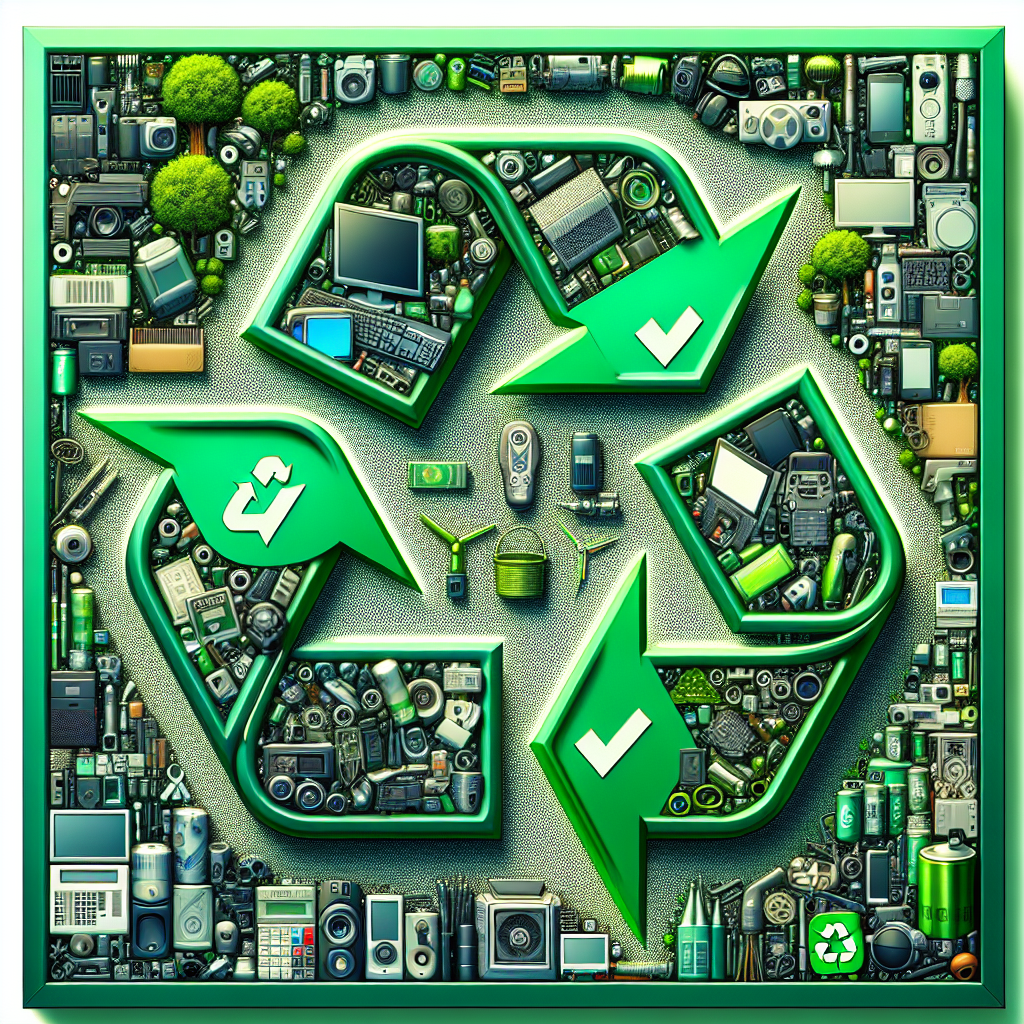Blog Ecobraz Eigre

What can and can't be recycled in e-waste
Understanding what e-waste is
Electronic waste is made up of all discarded electrical and electronic equipment, such as cell phones, computers, televisions, among others. Due to the presence of toxic components and valuable materials, it is essential to dispose of them correctly in order to minimize environmental impacts and recover resources.
What can be recycled in e-waste
Diverse materials present in electronic devices are recyclable, such as:
- Metals: copper, gold, silver, aluminum and iron, present in boards, cables, connectors and circuits.
- Plastics: used in casings and external components.
- Glass: found in monitors, television screens and smartphones.
- Batteries: can be recycled to recover metals and prevent contamination.
- Electronic components: printed circuit boards and chips, which can have parts reused.
Recycling these materials helps to reduce the consumption of natural resources, as well as preventing harmful substances from contaminating soil and water.
What can't be recycled in e-waste
Not all e-waste components are recyclable or have viable recycling processes:
- Highly contaminated materials: certain waste with a high presence of toxic substances can be difficult to recycle safely.
- Highly degraded items: when components are badly damaged, recovery can be economically unviable.
- Some types of batteries: batteries that are not lithium-ion or lead-acid may not have widely available recycling processes.
- Combined components: that contain different materials mixed together without the possibility of adequate separation, making recycling difficult.
Importance of correct disposal of electronic waste
Inadequate disposal can result in the release of heavy metals such as mercury, lead and cadmium into the environment, causing risks to human health and the ecosystem. In addition, proper recycling preserves natural resources, reduces mineral extraction and promotes the circular economy.
Consumer tips on e-waste disposal
- Take equipment to specialized collection points that promote proper recycling.
- Do not dispose of electronics in ordinary garbage cans or in the environment.
- Verify that batteries and other components are accepted at the collection point.
- Consider reusing or donating electronics that still work.
- Find out about collection campaigns and programs available in your area.
Conclusion
Recycling e-waste is essential for protecting the environment and making conscious use of existing resources. Knowing what can and cannot be recycled helps to ensure that disposal is done efficiently and safely. Always look for appropriate collection options and actively participate in environmental preservation.

Deixe um comentário
O seu endereço de e-mail não será publicado. Campos obrigatórios são marcados com *